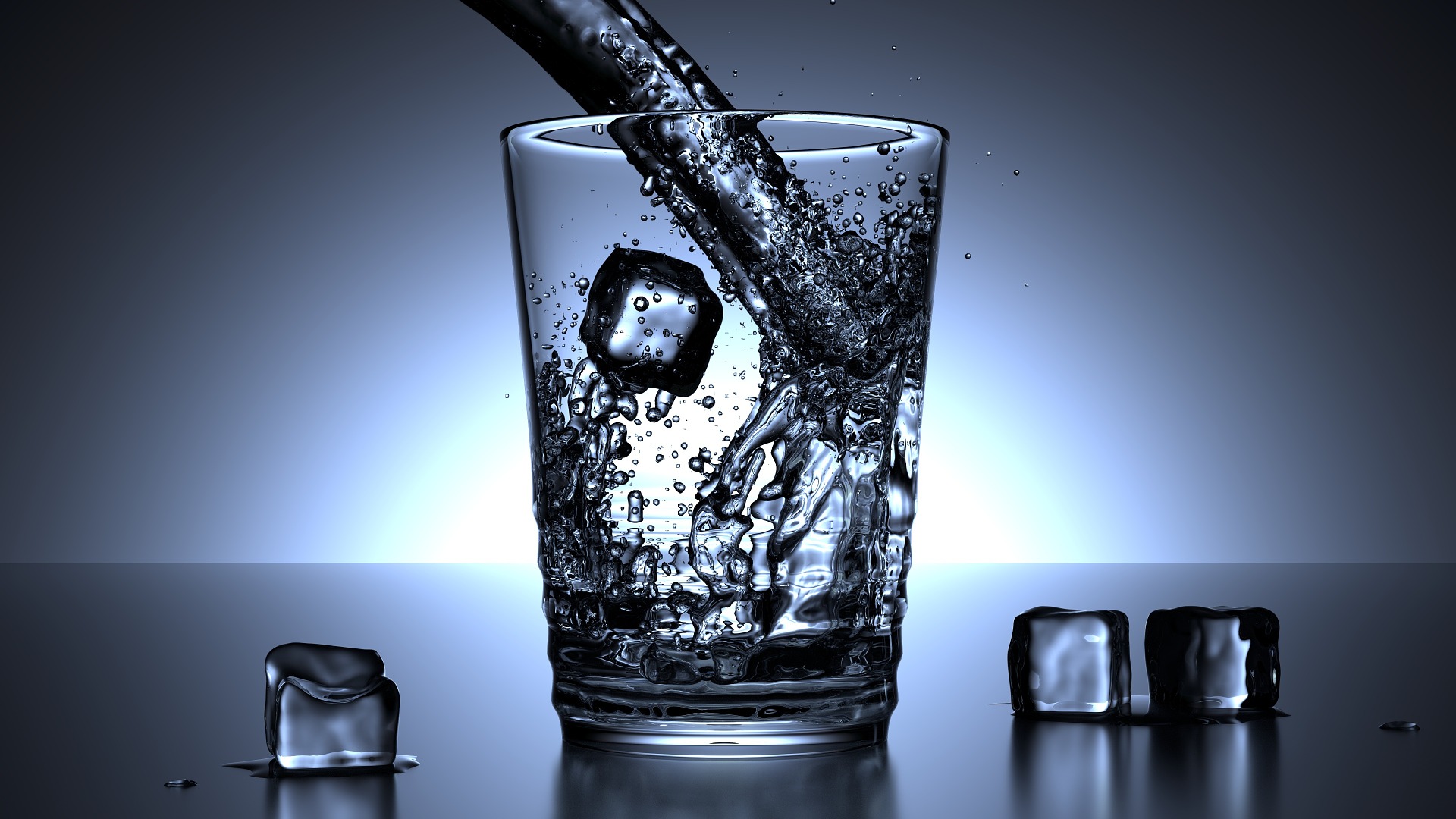
Water, which accounts for about 60-70% of our body, plays an essential role in life activities. It is a key element in the composition and function of blood, heart, liver, muscle, and cells, and our body needs to maintain adequate moisture in order to maintain stable immunity and smoothly discharge waste products. When the symptoms of dehydration appear, in which the water directly related to maintaining life is discharged excessively due to various causes, problems may arise in the normal functioning of the body. One of the most common causes of dehydration is excessive sweating due to high temperature and high humidity. In addition, symptoms such as fever, diarrhea, and vomiting may appear due to various causes, and the use of drugs such as diuretics may also affect the occurrence. And certain diseases, such as diabetes and diabetes insipidus, increase the amount of urine produced, which can lead to dehydration. Now, let’s take a look at the various symptoms that can occur when dehydration symptoms appear, as well as various information on prevention and coping. Symptoms of dehydration
A typical symptom of dehydration is thirst caused by excessive water loss. It is known that this thirst can be felt even if only 2% of the water content in the body is reduced. Also, when salivation is reduced and the mouth is dry, bacteria in the mouth increase rapidly, resulting in bad breath. In addition, symptoms such as feeling very tired even after getting enough rest, digestive system abnormalities such as heartburn and constipation, and muscle cramps are also symptoms that may appear when dehydration continues. In addition, when moderate dehydration is reached, in which more water is discharged from the body, the skin mucous membrane weakens, urine output decreases, and symptoms such as headache and dizziness may also occur. In addition, when you wake up, your blood pressure drops and your pulse rate rises at the same time, and you may experience symptoms of anxiety and decreased sensory response. In addition, when severe and severe dehydration occurs, the amount of urine hardly comes out. In addition, various symptoms such as low blood pressure and shock may appear, and an emergency situation in which consciousness is lowered may occur. How to prevent and deal with dehydration
1. Drink plenty of water
To prevent dehydration, you should drink 7 glasses of water a day to maintain water homeostasis in the body. When exercising or doing outdoor activities, it is recommended to drink water little by little and steadily before feeling thirsty. Especially in the hot summer or when you sweat a lot after exercising, you need to supply enough water to prevent dehydration. In addition, sports drinks and ionic drinks can help prevent dehydration symptoms by helping to supply water and electrolytes smoothly. However, drinking fruit juices and carbonated drinks with a high sugar content can make thirst worse. Coffee, tea, and alcohol also promote diuretic action, which can further accelerate the excretion of water from the body. In addition, if you have liver or kidney disease, you need to be careful as excessive water intake may cause edema.
2. Eat water-rich foods
In addition to drinking water, eating a well-balanced diet high in water content can be a good way to prevent dehydration caused by water loss. Watermelon, cucumber, peach, cabbage, pear, and other vegetables and fruits to effectively replenish moisture helps prevent various abnormal symptoms caused by dehydration. In addition, these foods contain not only water but also various vitamins and minerals, so they are effective in reducing fatigue due to dehydration and enhancing vitality.
3. Get enough rest after outdoor activities and exercise
Dehydration is caused by various diseases, but it is caused by excessive sweating in the hot summer. Therefore, after outdoor activities and exercise during the time of strong sunlight, you should rest in a shady place. In addition, dehydration can occur not only outdoors, but also depending on the temperature and humidity of the space where you spend a lot of time. Therefore, it is necessary to maintain an appropriate temperature through temperature control and to keep the humidity not exceeding 60%.
4. Quick first aid in case of severe dehydration
Mild symptoms of dehydration can be relieved by the various methods mentioned above, but in the case of moderate dehydration, it is important to receive treatment through prompt first aid. Drinking water or soft drinks, especially if you are unconscious, can cause problems such as aspiration pneumonia. In order to treat dehydration symptoms, intravenous fluid therapy is administered, and when symptoms such as nausea, vomiting, and diarrhea occur, medication to control symptoms and stop symptoms can be performed concurrently.
We learned about the symptoms of abnormal dehydration and how to prevent and cope with it. I hope that the various information introduced will be helpful and I hope you have a happy and healthy day today.

































